Working to strengthen Lesotho’s health system
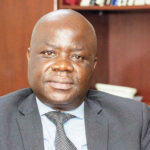
SHARE THIS PAGE!
By Neo Kolane
Lesotho on April 7, 2024 joined the rest of the world to celebrate World Health Day under the theme ‘My health, my right’. The theme was chosen to champion the right of everyone, everywhere to have access to quality health services, education, and information, as well as safe drinking water, clean air, good nutrition, quality housing, decent working and environmental conditions, and freedom from discrimination. In this interview with theReporter’s Neo Kolane, WHO representative to Lesotho, Dr Richard Banda, unpacks the organisation’s continuous efforts to influence national health policies and legislation by convening strategic partners, facilitating policy dialogues, and providing credible and evidence-based input. All this is aimed at ensuring that the country attains universal health coverage, he says.
How is WHO in Lesotho celebrating World Health Day this year?
We have earmarked on a series of community engagement activities to mark this year’s World Health Day together with the government, different ministries, and non-governmental organisations, and other partners.
The aim is to raise awareness on issues affecting the people’s health and promote health, and make sure that people protect their own health.
Since World Health Day is celebrated on April 7 every year, the government chose the theme of health to mark Lesotho’s bicentennial celebrations during the month of April.
We’re working with the department of tourism to celebrate health in the month of April; the first week was dedicated to Tuberculosis activities, World Health Day (2nd week), third week maternal health, the following week drug and alcohol abuse, and then the last week will be dedicated to African vaccination.
What does this year’s theme is “My health, my right,” signify?
This year’s theme was chosen to champion the right of everyone, everywhere to have access to quality health services, education, and information, as well as safe drinking water, clean air, good nutrition, quality housing, decent working and environmental conditions, and freedom from discrimination.
The definition of health is very comprehensive and not confined to absence of illness; we get good health from other determinants that are taking place.
When we say ‘my health, my right’ that right goes beyond just a person’s health but it encompasses everything that contributes to the wellbeing of that person.
The rights to health of millions of people around the world is increasingly coming under threat. What is WHO doing to address this?
WHO continues to advocate for governments to provide safe and quality healthcare services to all without discrimination. WHO is supporting countries (including Lesotho) to promote Universal Health Coverage (UHC); to ensure that everyone has access to the health services they need when and where they need them, without facing financial hardship or being driven into poverty.
WHO is also working hard to ensure that the right to health is enjoyed by everybody.
What are your areas of focus in Lesotho?
-To ensure that Lesotho achieves UHC.
-Ensuring that the country has the core capacity to prepare, manage and respond to outbreaks.
– Strengthening partnerships between the health sector and other sectors. By doing so, we want to address the social determinants of health as it is known that people get sick, or get health in other sectors outside the health sector like poverty, education, environment they live in.
-Establishing good collaboration between the health sector and other sectors for the benefit of public health.
Lesotho has been part of WHO for decades. What are some of the country’s major achievements over this period?
-We have facilitated implementation or domestication of health policies in Lesotho that have contributed to the wellbeing of people; for instance HIV/AIDS and maintaining the 90-90-90 target which Lesotho has achieved very well.
-We’ve been focusing on strengthening health systems. We still have a way to go but I can say we have seen significant improvements in terms of skills and also leadership and governance.
-Specific programmes like expanded immunisation. Lesotho has been one of those countries that has had a very good coverage of vaccination for children.
But it does not mean that as an organisation we are satisfied. There are improvements that have made in terms of skills people have, making sure that people are away, people can report events that ae usually in the communities.
What can you say about Lesotho’s progress in improving health services for all?
Lesotho uses the primary health care approach, recommended by WHO. Most countries have embarked on it.
This approach has certain principles like integration of services, making sure that communities are involved and participate in decisions on issues affecting their health. The approach also ensures that the country is able to use locally available resources and technology.
In terms of integration, I can say that there has been quite a number of significant achievements in that the country has been able to identify and define its own essential health service package, a package every individual in the country is entitled to, a package of interventions that are required by a vast majority of the population.
Despite lack of adequate resources, there has been significant improvement in ensuring that the essential package is available to as many people as possible.
However, there are still financial and geographical barriers that people face in accessing services. These are issues we really need to focus on and help the country address them, so that the aim of attaining UHC is achieved.
In what ways is WHO supporting health services in Lesotho?
WHO has traditionally focused on the policy level. Our role as an organisation is to formulate policies at country level; we are facilitating their implementation and making sure those policies fit the context of Lesotho.
We also look at the health work force. Some have been involved in building capacity in the health sector to ensure the required skills are available.
We have also facilitated self-learning between other developing countries, where personnel from Lesotho are able to learn from other countries on the best practices and vice versa.
The Lesotho government works with development partners such as WHO to improve health services in the country. Is this working?
There has been a great improvement. As WHO, one of our roles is to coordinate activities.
We have several partner forums that are now actively working together to support the government and that coordination is going well.
However, the government needs to provide leadership and bring partners together to make sure that what we do is harmonised and that as partners we are able to leverage on each other’s resources and strength.
It is not optimal, but we and the government have done well.
The United States government and the Millennium Challenge Corporation (MCC) board of directors have chosen Lesotho as eligible to continue developing the US$300 million Compact II with effect from March 31, 2024. A significant portion of funds under this programme will go towards health. How do you think this will boost efforts to improve services across the country?
This funding is a welcomed development. It will facilitate greater investment in the health sector ensuring healthcare services are affordable and accessible to all.
Many have appreciated the investment that MCC has made previously to Lesotho and its investment that we as WHO recommend in health.
When we invest in health, a lot of things improve and contribute to the development of the country.
We believe that this investment will go a long way in alleviating some of the financial problems people have in accessing services and also in filling gaps for health financing on the part of the government.
I’m very sure and confident that the support is going to save many lives in Lesotho. It is complimenting what other partners are doing.
We are also working closely with MCC to ensure we do not duplicate efforts but leverage as partners on resources the MCC is bringing into the country.
What role can we expect WHO to play in the implementation of Compact II, if any?
So, as I have said, there are a number of areas we are working on together, for instance the MCC II, where we’re working on improving data management in the health sector.
As an organisation that is setting standards, we are working along with MCC to make sure that they are adhered to and improved. We’re also working to ensure that the technical guidelines that WHO provides in the area of data management are followed.
WHO is also working hand in hand with the MCC on health systems strengthening, an area crucial to achieve UHC. This is an area where no single partner can improve the situation alone.
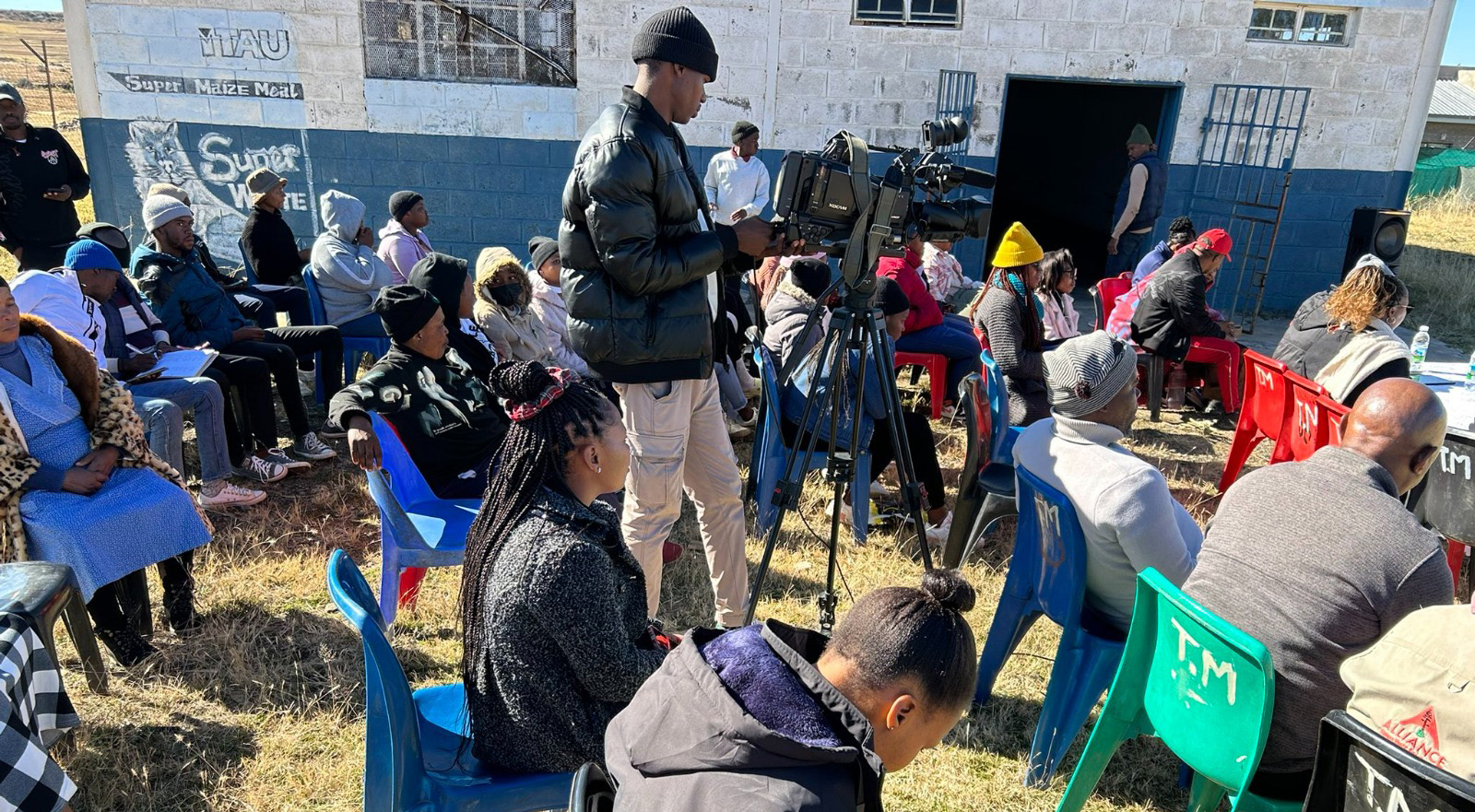
Young people discuss economic future at Taung
11 days ago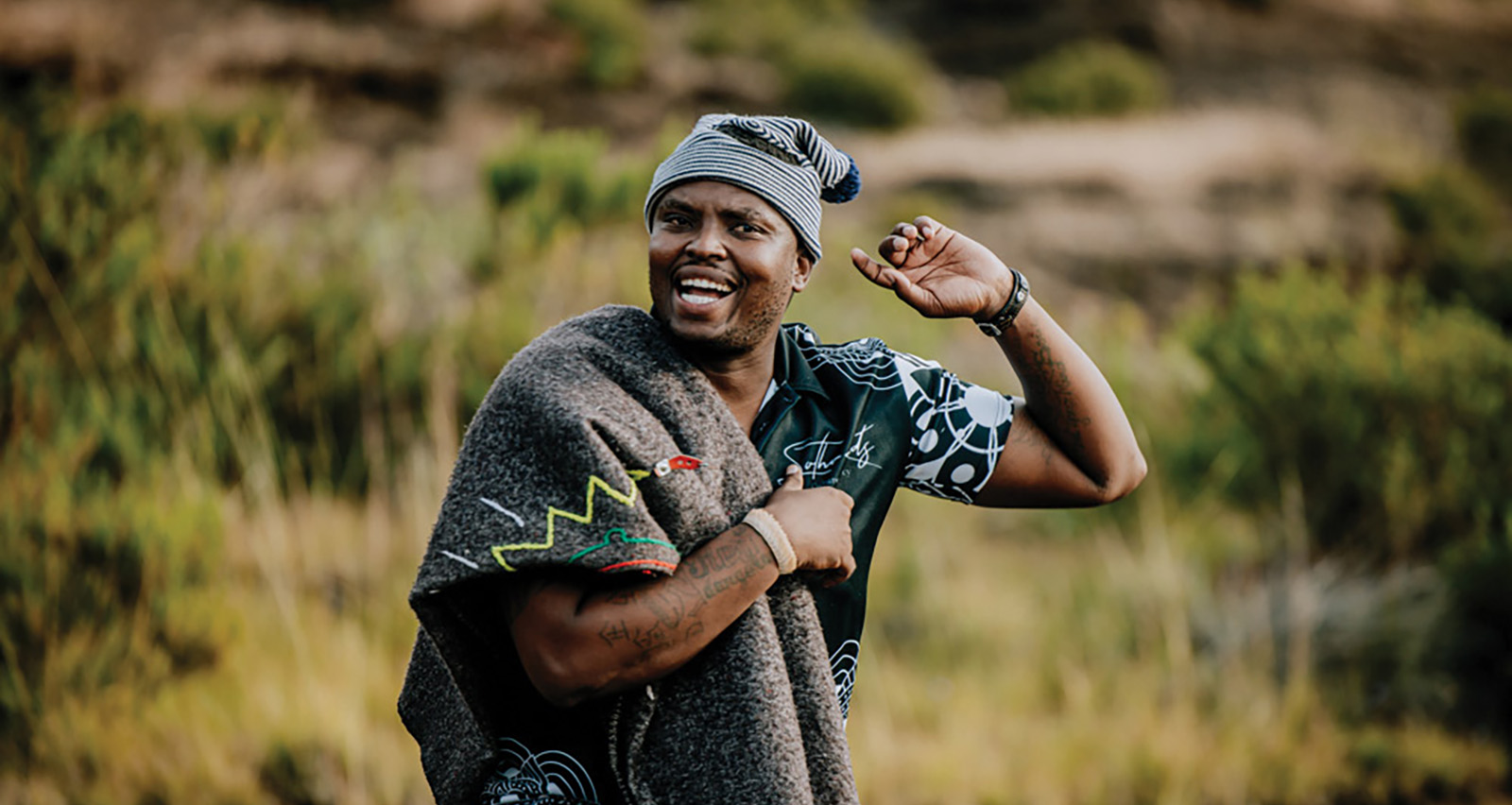
CityzeenLs nears 1 million YouTube views
11 days ago
Econet commits over M1million to Lecholi event
11 days ago
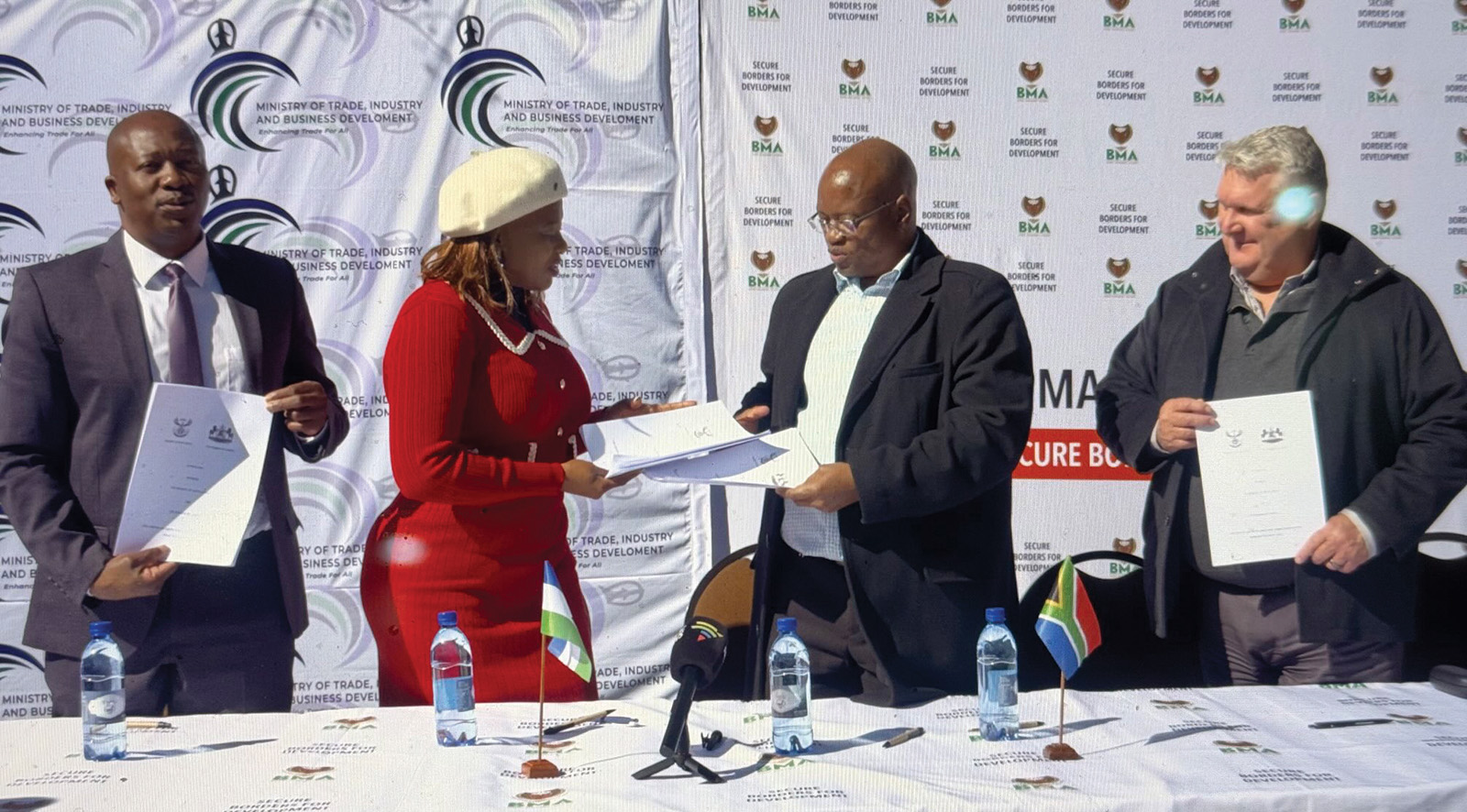
New border plan to advance regional trade
14 days ago
Foul language lands man in court
14 days ago
Youth demand action on unemployment
14 days ago
Ex-ministers threaten to sue govt
14 days ago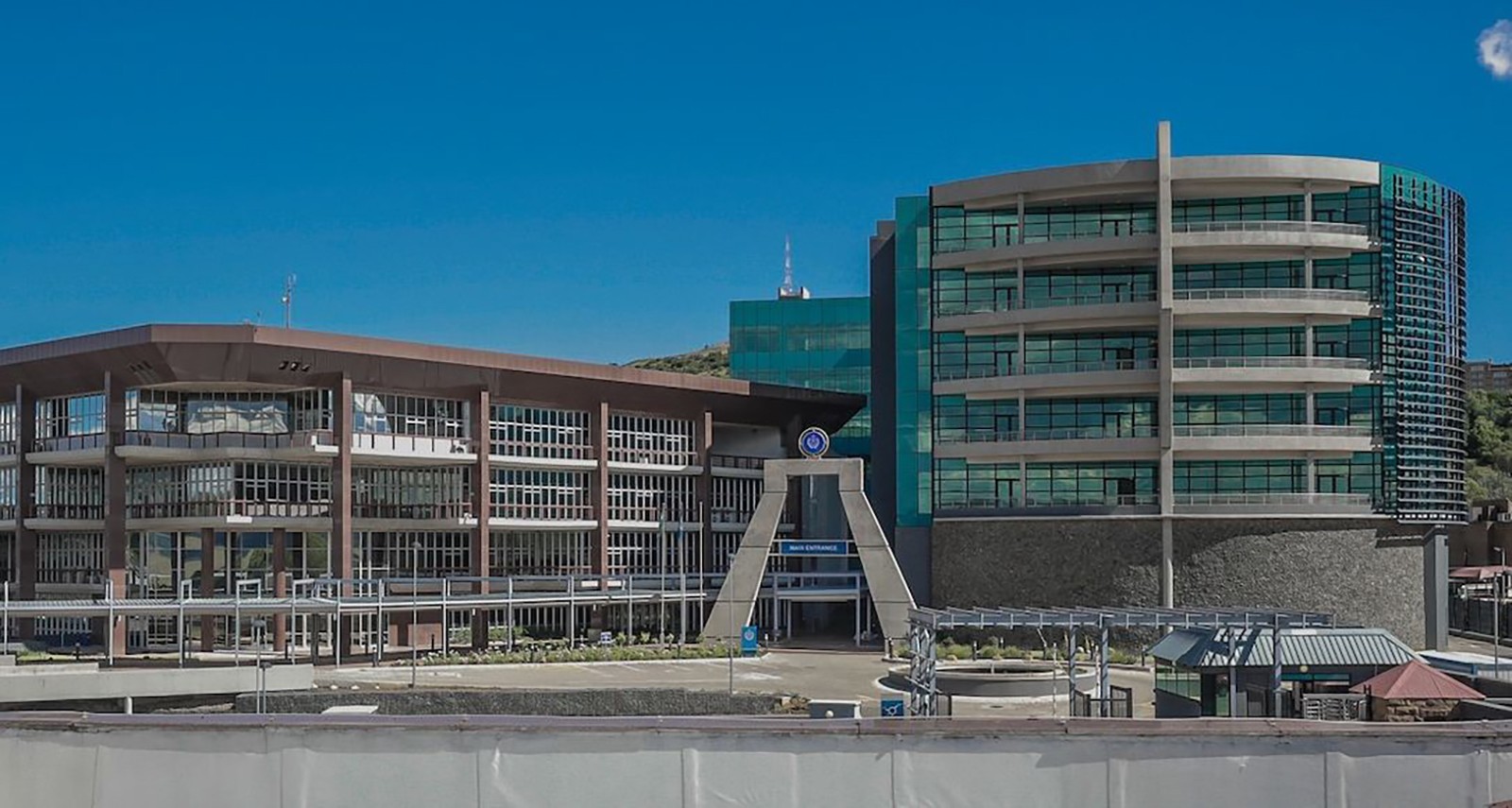
CBL launches LERIMA awareness campaign
14 days ago